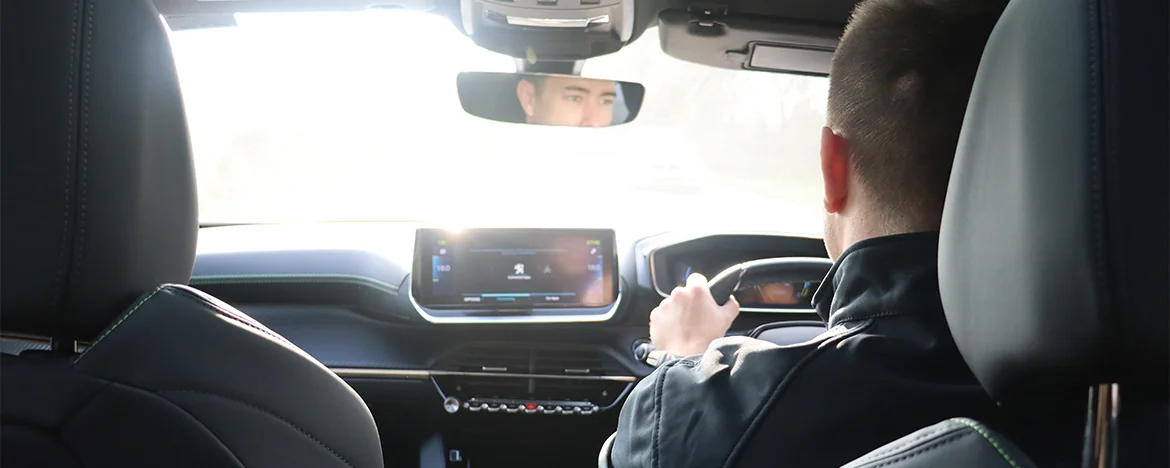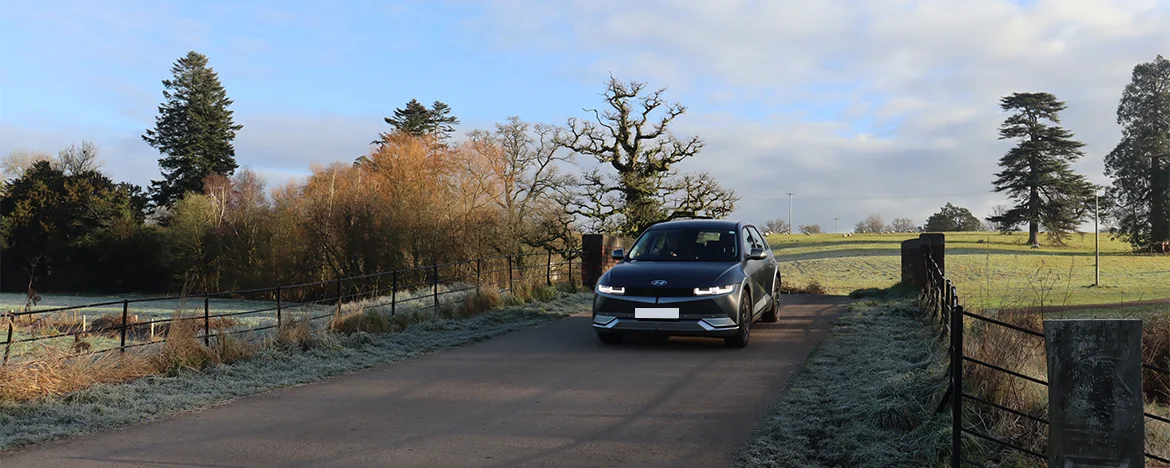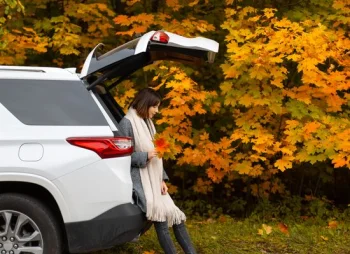Changes to Vehicle Excise Duty in April 2022
Every driver's favourite time of year, April 2022 once again brings with it a hike in road tax for the coming year.
Road tax, or as it's officially known, Vehicle Excise Duty (VED), is set to rise in line with inflation and will see the expense of owning a petrol or diesel vehicle rise. But the amount you pay depends on both how environmentally friendly your car or van is, and how old it is. Cars that are kinder to the environment are kinder on your wallet when it comes to running costs and taxes.
If you've got a 20-year-old motor that's held together with sheer willpower and a bit of duct tape, you'll pay more than your neighbour who's got a brand-new set of wheels with a hybrid engine.
Essentially, vehicles producing over 255g of CO2 per km travelled will see the first-year rate increase to £2,365, while vehicles producing between 226g and 255g will see a price increase from £1,910 to £2,015.
If you've got a car or van that produces less than 226g of CO2 per km travelled, you'll fare a little better.
Vehicles that produce between 76g and 90g will see the first-year increase to £120, while zero-emissions vehicles will continue to pay zero VED for the first year.







